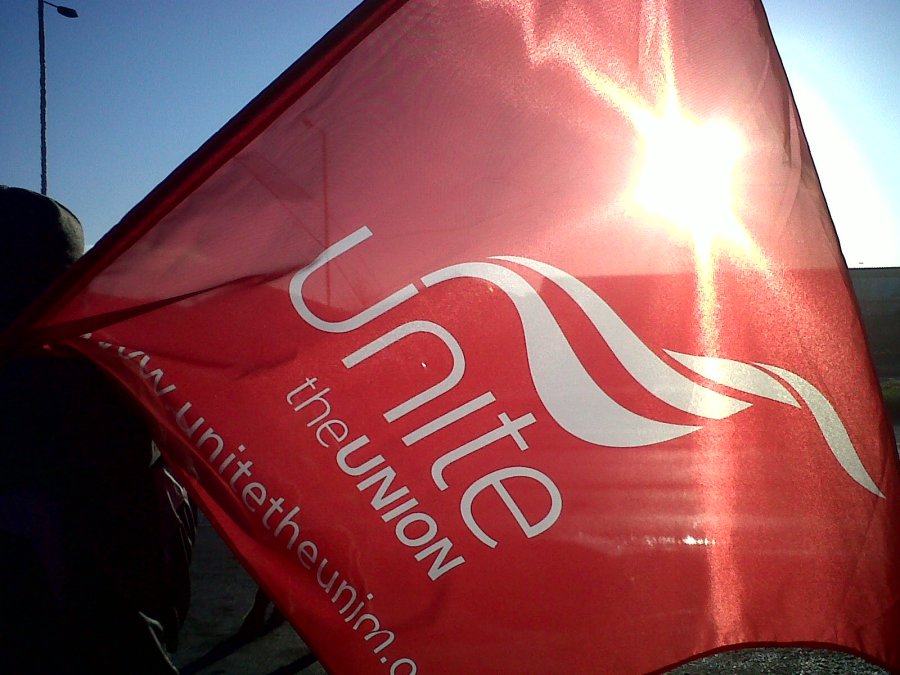Kevin Parslow, delegate, Unite union rules conference (personal capacity)
General union Unite’s 2019 rules conference made some important steps forward but missed opportunities to develop member participation. It also passed amendments that could be dangerous to the left in the future.
Unite’s retired and community members were both promised democratic regional and national structures.
The union’s executive council has been forced, due to the opposition of its youth committees, to reverse its previous decision to limit the age of participation in the youth structures from 30 to 27. After it was changed in 2018, there had been a halving in the number of activists.
This reflects that many young workers don’t get active in their union until their late 20s. However, contributions from young members showed that in hospitality and other sectors, some young workers are taking on representative roles even in their teens.
A proposal from Unite LE/1228 Waltham Forest Council branch, supported by Socialist Party members, for an annual branch delegate-based policy conference, fell when an executive council statement was carried.
This recognised the need to increase attendance at policy conference, and to look at the structure of all the union’s conferences. But it halved the current attendance at future rules conferences as these were ‘inward looking’ and ‘technical’.
A union’s rules cannot be divorced from its industrial and political strategy as they reflect its attitude to action.
The passing of a rules amendment to raise the threshold for nominations for candidates seeking to become general secretary of the union were a step back. Previously, 50 nominations from at least two regions were necessary. Now, 5% of branches (currently over 3,000) in at least three regions will be required. This could be used against left candidates in the future if the right were to ever gain control of the union.
The danger of identity politics in the labour movement was revealed in the equalities debate. A delegate who raised serious questions about the effect of a rule amendment that could exclude some other groups from what will become the ‘black and Asian ethnic minorities committee’ was verbally attacked from the speakers’ rostrum.
Rulebooks and laws cannot erase racism in a trade union or society as a whole. Only fighting policies against racism and austerity can begin to eliminate the divisions in organisations of the working class.
These policies were present at the Socialist Party meeting, introduced by party executive committee member Rob Williams. Attended by a number of delegates, including a Honda Swindon worker, the need for Unite to be at the head of movements fighting plant closures and redundancies was emphasised as part of the struggle for socialist change.








